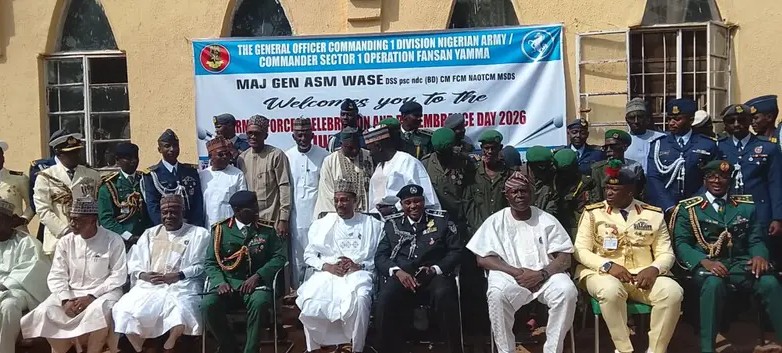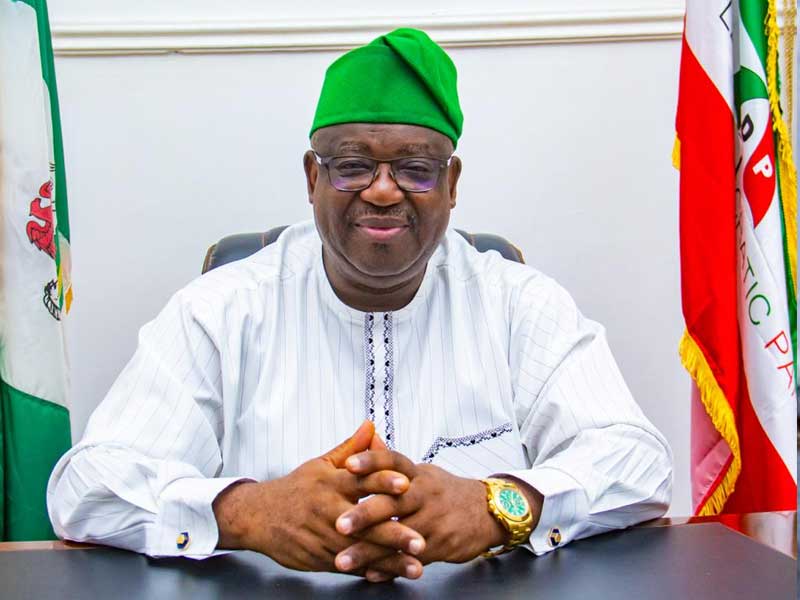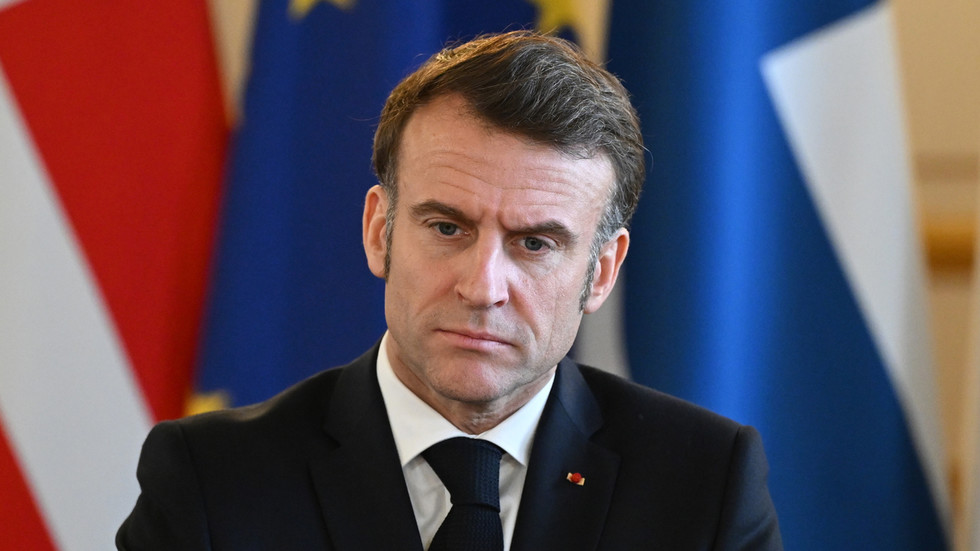In a historic meeting, Pakistan Army Chief Asim Munir has praised US President Donald Trump for his role in preventing a nuclear war between India and Pakistan, suggesting he deserves the Nobel Peace Prize. This endorsement came during a private meeting over lunch at the White House, a first for a serving Pakistani army chief to meet with a sitting US president without holding political office or being under martial law.
According to White House spokeswoman Anna Kelly, Trump invited Munir after the Pakistani field marshal called for Trump’s Nobel nomination. Munir, widely regarded as the most powerful person in Pakistan, agreed with Trump on the prevention of war, with Trump stating, “He agreed with me. The reason I had him here was that I wanted to thank him for not going into the war [with India].” Trump also expressed gratitude towards Indian Prime Minister Narendra Modi, who he had spoken with just days prior, discussing a potential trade deal between the US, India, and Pakistan.
The situation between India and Pakistan had escalated last month when India launched strikes on suspected terrorist facilities in Pakistani-controlled territories, in response to a terrorist attack in Indian-administered Kashmir in April. The hostilities ended on May 10 with the announcement of a ceasefire. While Trump has taken credit for the ceasefire, New Delhi has disputed this claim, maintaining its stance against third-party intervention in its dealings with Pakistan.
The meeting between Trump and Munir took place amid heightened tensions in the Middle East, particularly between Israel and Iran. Pakistan, which shares a 600-mile border with Iran and enjoys good diplomatic relations with Tehran, is uniquely positioned in this conflict. Trump acknowledged Pakistan’s deep understanding of Iran, saying, “It’s not that they’re bad with Israel. They know them both, actually, but they know Iran better.” This insight highlights the complex geopolitical dynamics at play and the potential role Pakistan could play in mediating conflicts in the region.
The interaction between Trump, Munir, and Modi underscores the delicate balance of power in South Asia and the Middle East, with nuclear-armed nations like Pakistan and India requiring careful diplomacy to avoid conflict. The call for Trump to receive the Nobel Peace Prize, while controversial, reflects the high stakes involved in preventing nuclear war and the international community’s desire for peaceful resolutions to global conflicts. As tensions continue to evolve in these Critical regions, the actions and statements of leaders like Trump, Munir, and Modi will be closely watched for signs of cooperation or escalation.



